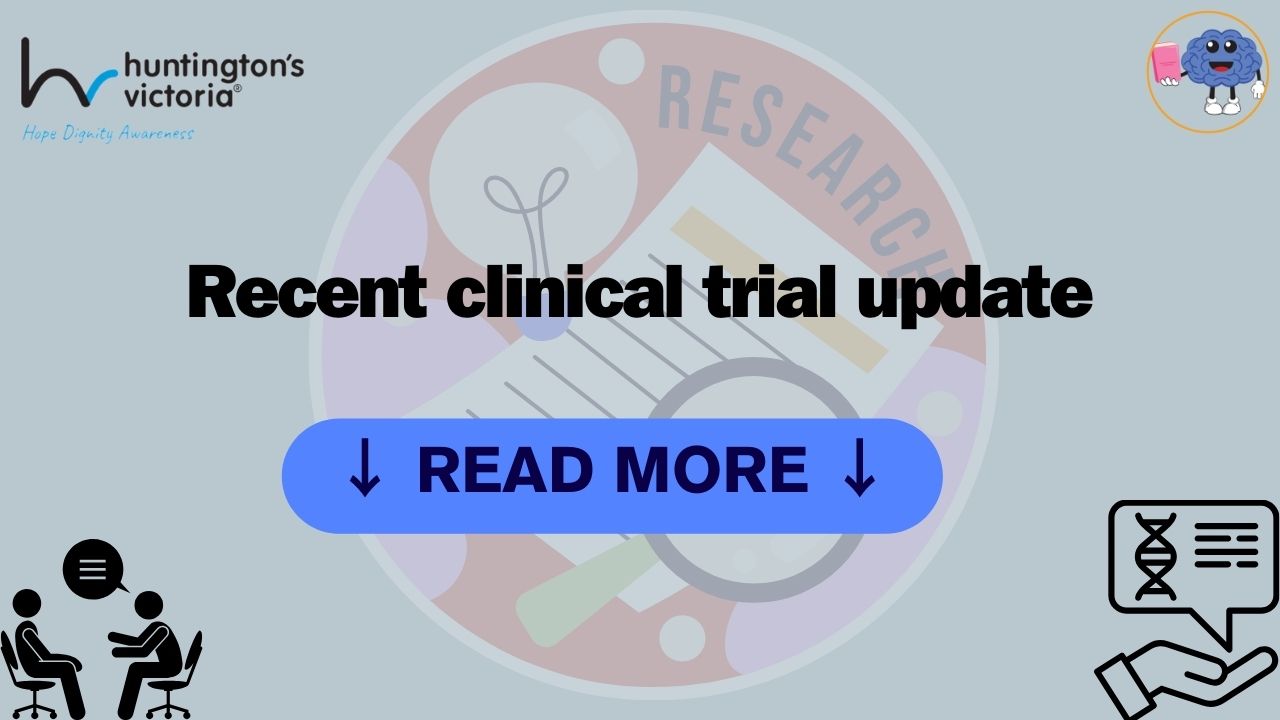SKY-0515 Clinical Trial
A Small Molecule Promises Big!

In February 2024, Skyhawk Therapeutics, a biotechnology company at the forefront of developing innovative treatments, made a significant progress in the fight against Huntington’s disease. With no approved treatments that can reverse or slow the progression of Huntington’s disease, Skyhawk Therapeutics has developed SKY-0515, a small molecule drug designed to reduce the production of the mutated huntingtin protein. SKY-0515 works by modifying the RNA expression of the HTT gene, directly targeting the root cause of the disease.
About SKY – 0515
The development of SKY-0515 was made possible by Skyhawk’s ground-breaking SKYSTAR® platform. This platform focuses on RNA splicing, a critical process in cells where RNA is edited before being translated into proteins. When this process goes wrong due to genetic mutations, it can lead to the production of defective or harmful proteins that cause disease.
The SKYSTAR® platform has allowed Skyhawk to design small molecules that can correct these errors. By doing so, the platform offers a powerful way to tackle faulty HTT protein produced in individuals living with Huntington’s disease. In the case of SKY-0515, the drug is designed to cross the blood-brain barrier and reach peripheral tissues, offering potential benefits to patients through daily oral dosing.
Study Details
SKY-0515 is currently undergoing a Phase 1 clinical trial in Australia. This trial is divided into multiple stages, beginning with the single ascending dose (SAD) study in healthy volunteers. The trial is now progressing to the multiple ascending dose (MAD) portion, where the drug will continue to be tested in healthy volunteers before moving on to Huntington’s patients.
The trial aims to evaluate the safety, tolerability, pharmacokinetics (how the drug moves through the body), and pharmacodynamics (how the drug affects the body) of SKY-0515. The ultimate goal is to determine whether SKY-0515 is safe and effective in reducing the production of the harmful huntingtin protein.
Key Updates
- Advancement to Multiple Ascending Dose (MAD) Study: Following the successful completion of the single ascending dose study, the safety review committee has recommended advancing to the MAD portion of the Phase 1 trial. This phase will involve administering increasing doses of SKY-0515 over multiple days to assess its effects more comprehensively.
- Preclinical Success: SKY-0515 has shown strong activity in preclinical models, demonstrating its potential to benefit Huntington’s patients by reducing the production of the mutated huntingtin protein.
- Oral Dosing and Brain Penetration: SKY-0515 is designed for daily oral dosing, with the ability to penetrate the brain and reach peripheral tissues, which may provide important therapeutic benefits.
Next Steps
As the Phase 1 trial progresses, the next major step will be to enroll Huntington’s patients in the MAD study. This will be a critical phase in evaluating the drug’s effectiveness in a patient population that currently has few therapeutic options. If successful, SKY-0515 could advance to later-stage trials, bringing it one step closer to potentially becoming a new treatment option for Huntington’s Disease.
If you are a professional who is looking get more information on the interim update on the SKY-0515 trial, please visit the press release statement for a detailed update:
If you are wanting to read more about the trial and the drug for yourself or for your loved ones, we encourage that you click the click below to HDBuzz, where the press release statement has been simplified for an improved understanding for everyone.
Conclusion:
Skyhawk Therapeutics’ work with SKY-0515 and the SKYSTAR® platform represents a significant leap forward in precision medicine. By targeting the genetic roots of diseases at the RNA level, these therapies offer the potential for groundbreaking treatments not only for Huntington’s Disease but also for other complex conditions, including neurodegenerative diseases and cancer.

